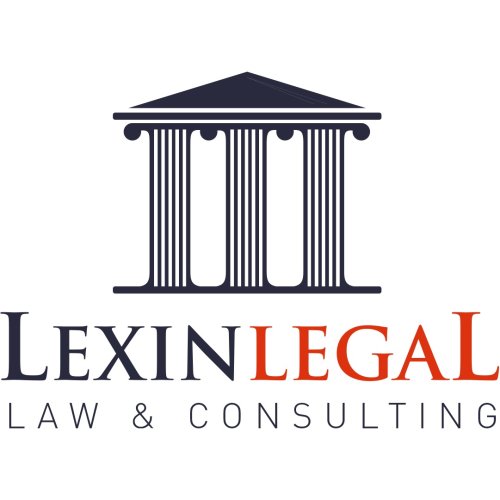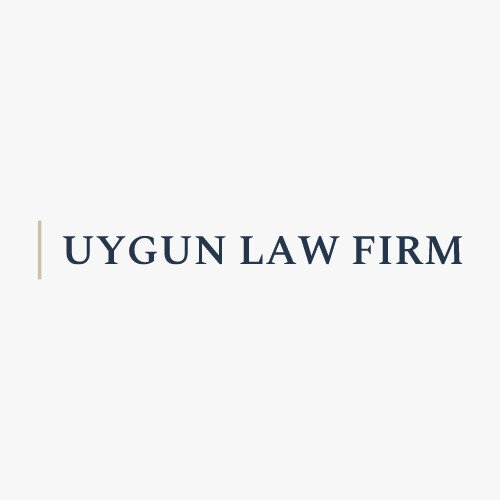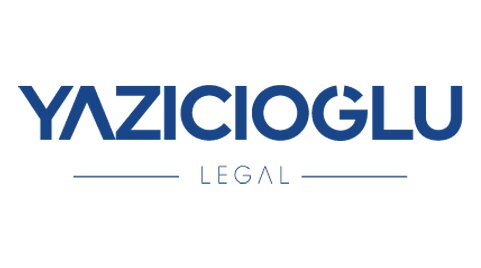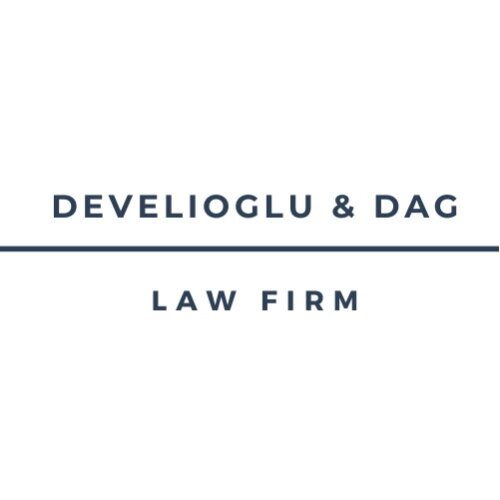Best Fintech Lawyers in Istanbul
Share your needs with us, get contacted by law firms.
Free. Takes 2 min.
List of the best lawyers in Istanbul, Turkey
About Fintech Law in Istanbul, Turkey
Fintech, or financial technology, is a rapidly growing sector in Istanbul, the financial hub of Turkey. The city has become a central location for innovation in financial services, thanks to a thriving startup ecosystem and supportive government initiatives. Fintech encompasses a wide range of financial services and products, including mobile banking, digital payments, crowdfunding platforms, blockchain technology, and more, which are subject to specific regulations and legal frameworks to ensure consumer protection, data security, and fair competition.
Why You May Need a Lawyer
The intersection of finance and technology in the fintech industry often leads to complex regulatory landscapes. You may need a lawyer if you are:
- Starting a fintech company and need guidance on licensing and compliance with Turkey's financial regulations.
- Facing legal issues with data protection and cybersecurity in your fintech operations.
- Dealing with disputes related to digital transactions or contract enforcement.
- Seeking advice on intellectual property rights for fintech innovations.
- Needing assistance with anti-money laundering (AML) compliance and regulations.
Professional legal help can ensure you navigate these challenges effectively and legally.
Local Laws Overview
In Istanbul, and Turkey generally, fintech companies must comply with regulations imposed by several authorities, such as the Banking Regulation and Supervision Agency (BRSA), the Capital Markets Board (CMB), and the Financial Crimes Investigation Board (MASAK). Key laws relevant to fintech include:
- The Payment Services and Electronic Money Institutions Law: governing payment services and electronic money operations.
- Data Protection Law: ensuring that companies handle user data securely and comply with privacy regulations.
- Capital Market Legislation: relevant for fintech companies involved in investment services and securities activities.
- The Anti-Money Laundering Law: imposing obligations to prevent financial crimes and terrorist financing.
Understanding these laws is crucial for anyone involved in the fintech industry, from startups to established financial entities.
Frequently Asked Questions
What is the regulatory body for fintech in Turkey?
The Banking Regulation and Supervision Agency (BRSA) and the Capital Markets Board (CMB) are the main regulatory bodies overseeing fintech activities in Turkey.
Is it necessary to obtain a license to operate a fintech company in Istanbul?
Yes, fintech companies providing payment services or operating as electronic money institutions are required to obtain a license from the BRSA.
What are the data protection obligations for fintech companies?
Fintech companies must comply with the Personal Data Protection Law, which mandates secure data processing and user privacy protection.
Are cryptocurrencies regulated in Turkey?
As of October 2021, cryptocurrency exchanges must comply with regulations set by the Financial Crimes Investigation Board (MASAK), including transaction reporting and due diligence.
How can fintech companies ensure AML compliance?
By implementing robust customer verification processes, transaction monitoring systems, and regularly reporting suspicious activities to MASAK.
Can fintech products be offered across borders?
Cross-border offerings may be subject to additional regulations, depending on the country and the nature of the services. Legal consultation is recommended for compliance.
What are the penalties for non-compliance with fintech regulations?
Penalties can include fines, suspension of operations, and legal action, depending on the severity and nature of the violation.
Are there any special tax considerations for fintech companies?
Fintech companies are subject to standard corporate tax rates, but specific activities, like digital services, may have additional tax obligations.
How can intellectual property be protected in fintech?
Through patents, trademarks, and copyrights. Legal advice can help navigate these protections based on the technology and its application.
What support does the government offer for fintech startups?
The Turkish government provides various incentives, including grants, tax exemptions, and technical support to promote innovation in fintech.
Additional Resources
For further assistance, consider reaching out to:
- The Fintech Association of Turkey: An organization dedicated to the growth and sustainability of the fintech ecosystem in Turkey.
- ISTKA (Istanbul Development Agency): Offers support for technology and innovation-related projects.
- Investment Office of the Presidency of the Republic of Turkey: Provides guidance to investors and helps navigate the business environment.
Next Steps
If you require legal assistance in the fintech field, consider contacting a local law firm specializing in financial services and technology. Look for professionals with a proven track record in fintech law and check for client testimonials or case studies. Scheduling a consultation can help you understand your specific needs and how to stay compliant with local regulations. Additionally, networking with industry professionals and joining local fintech groups can provide valuable insights and resources.
Lawzana helps you find the best lawyers and law firms in Istanbul through a curated and pre-screened list of qualified legal professionals. Our platform offers rankings and detailed profiles of attorneys and law firms, allowing you to compare based on practice areas, including Fintech, experience, and client feedback.
Each profile includes a description of the firm's areas of practice, client reviews, team members and partners, year of establishment, spoken languages, office locations, contact information, social media presence, and any published articles or resources. Most firms on our platform speak English and are experienced in both local and international legal matters.
Get a quote from top-rated law firms in Istanbul, Turkey — quickly, securely, and without unnecessary hassle.
Disclaimer:
The information provided on this page is for general informational purposes only and does not constitute legal advice. While we strive to ensure the accuracy and relevance of the content, legal information may change over time, and interpretations of the law can vary. You should always consult with a qualified legal professional for advice specific to your situation.
We disclaim all liability for actions taken or not taken based on the content of this page. If you believe any information is incorrect or outdated, please contact us, and we will review and update it where appropriate.
















